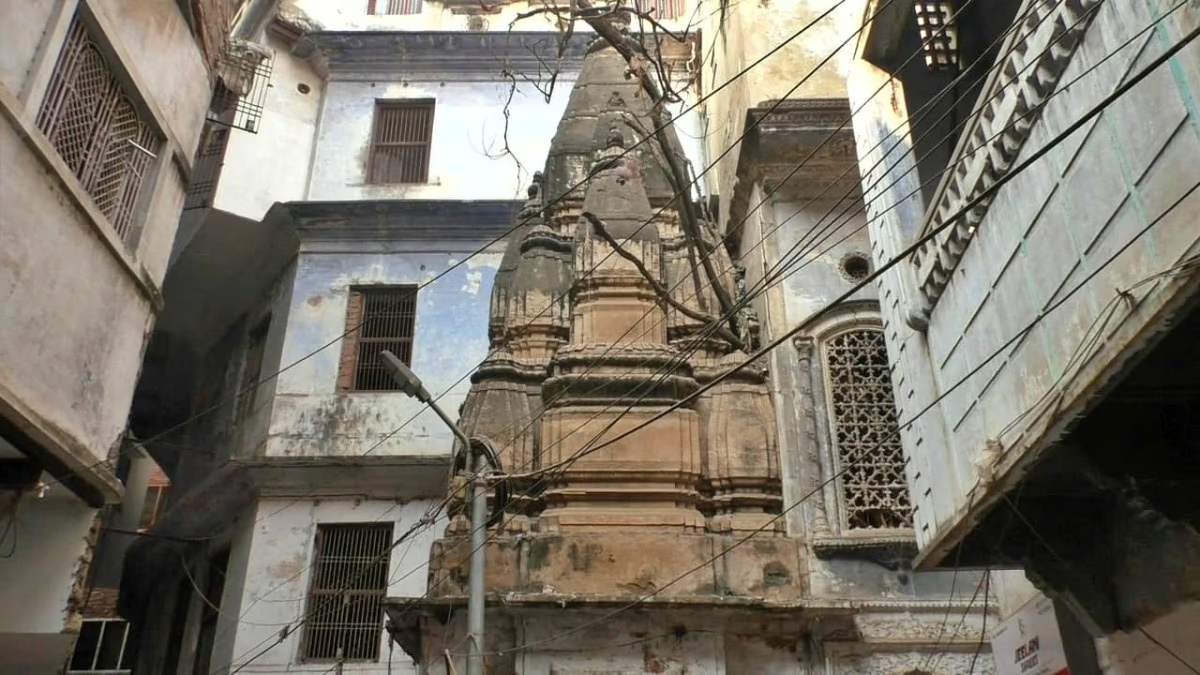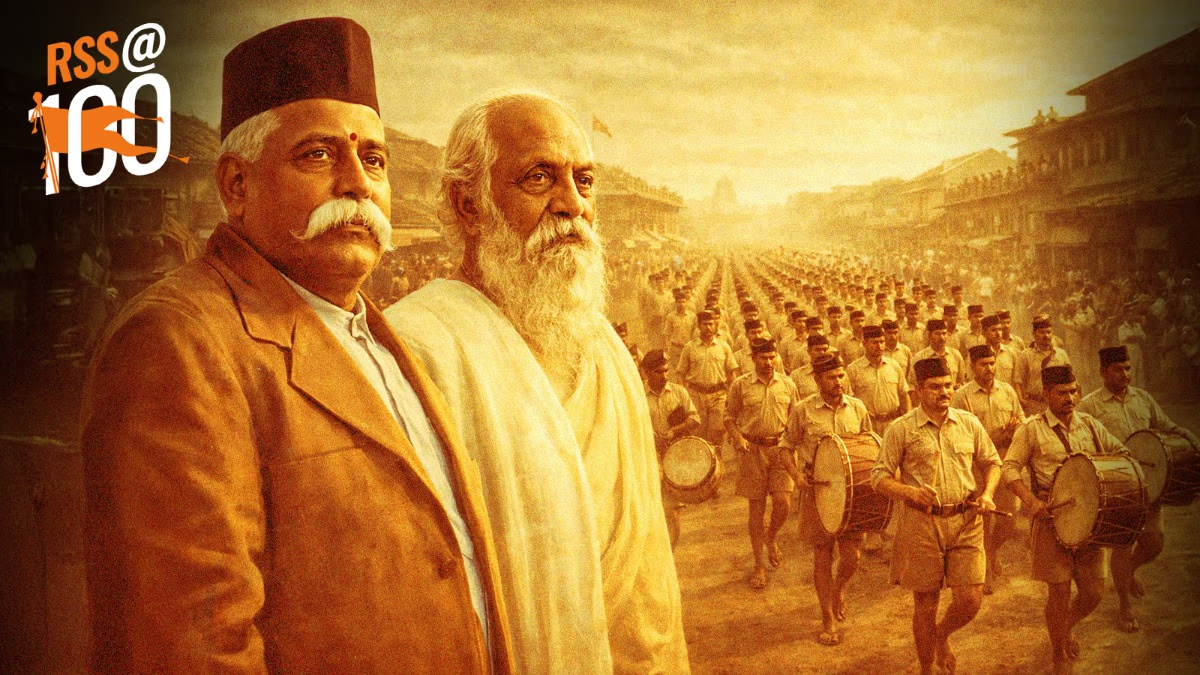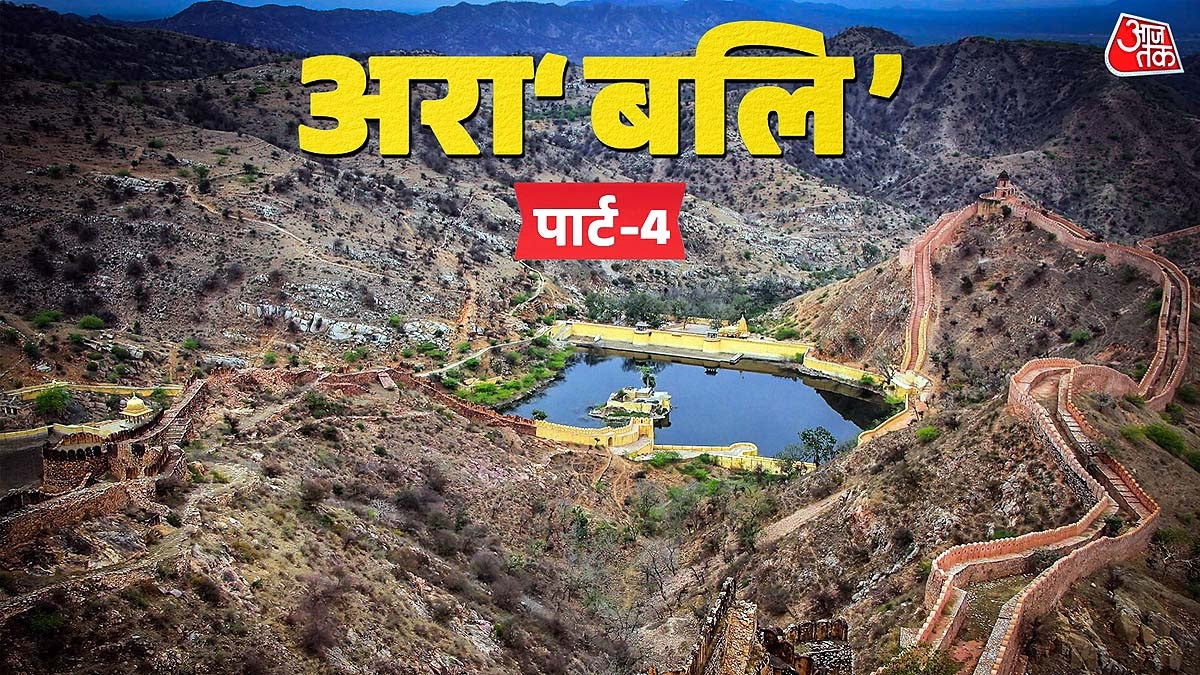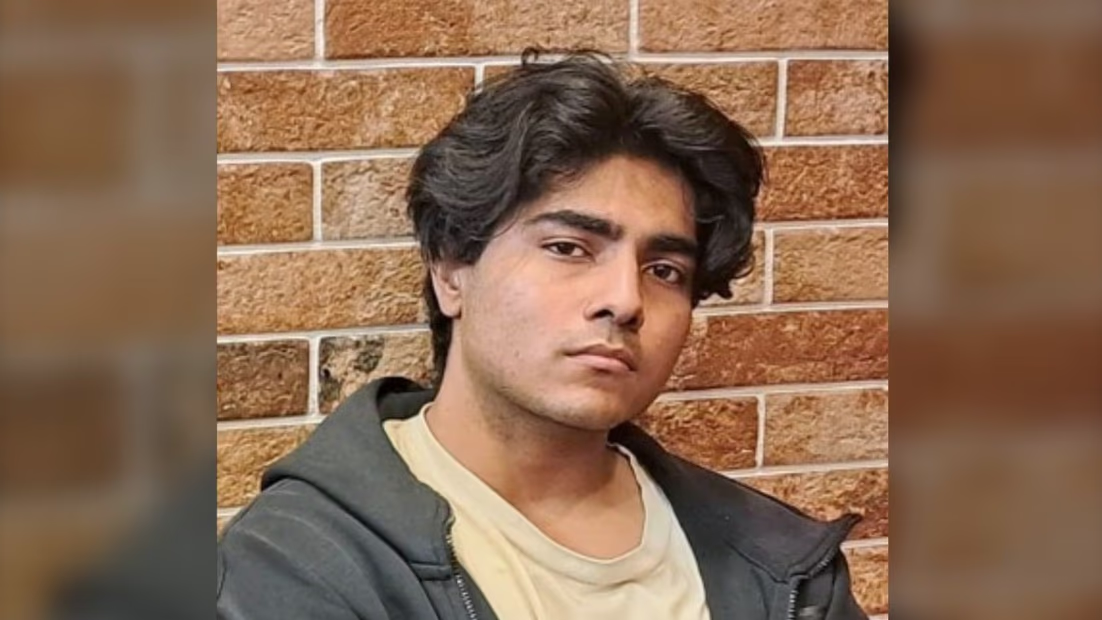A claim about a temple similar to the one in Sambhal has rejuvenated interest in Varanasi's Muslim-majority neighborhood. The Sanatan Rakshak Dal has initiated a petition aiming to unlock this temple for worship, invoking a police response. However, the temple's proximity to a Muslim-owned property has led its owner to assert that this is their family property purchased by his father in 1931. The family welcomes those who wish to worship without creating a spectacle.
Nestled near a round pavilion in Varanasi's Dashashwamedh area, adjacent to Muslim residences, the temple is rumored to be that of
, purportedly 250 years old, yet has been sealed for decades.
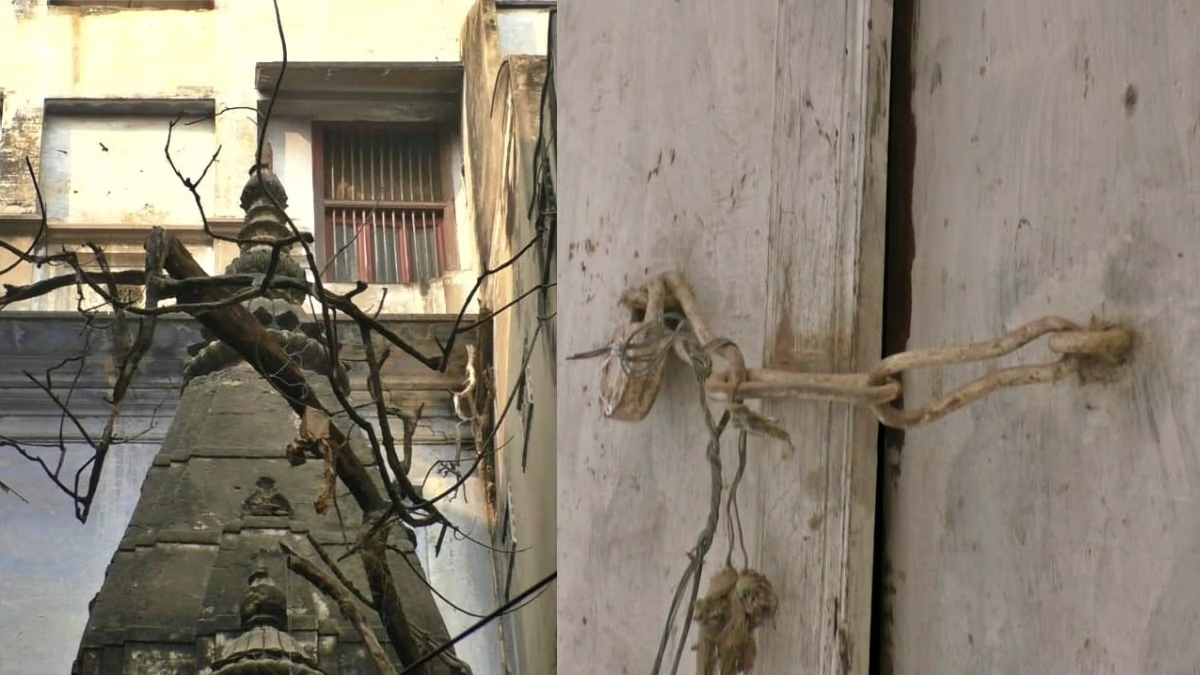
Source: aajtak
To support their claims, the Sanatan Rakshak Dal filed an application, prompting the police to enhance security around the temple. Allegations suggest Muslim families have occupied land surrounding the temple, keeping it locked to prevent worship.
However, the Muslim owner of the adjacent house disagrees, arguing that the property, including the temple, was purchased by his father in 1931. The family has long maintained the temple, including periodic repairs and cleaning, welcoming worshippers who wish to express their devotion.
Mohammed Zaki, claiming on behalf of the property, affirms that their family acquired it in 1931, where the temple remains closed most of the time. An incident involving termite damage to the temple door was resolved after police suggested repairs, reinforcing ownership. After repairs, the temple was re-secured.
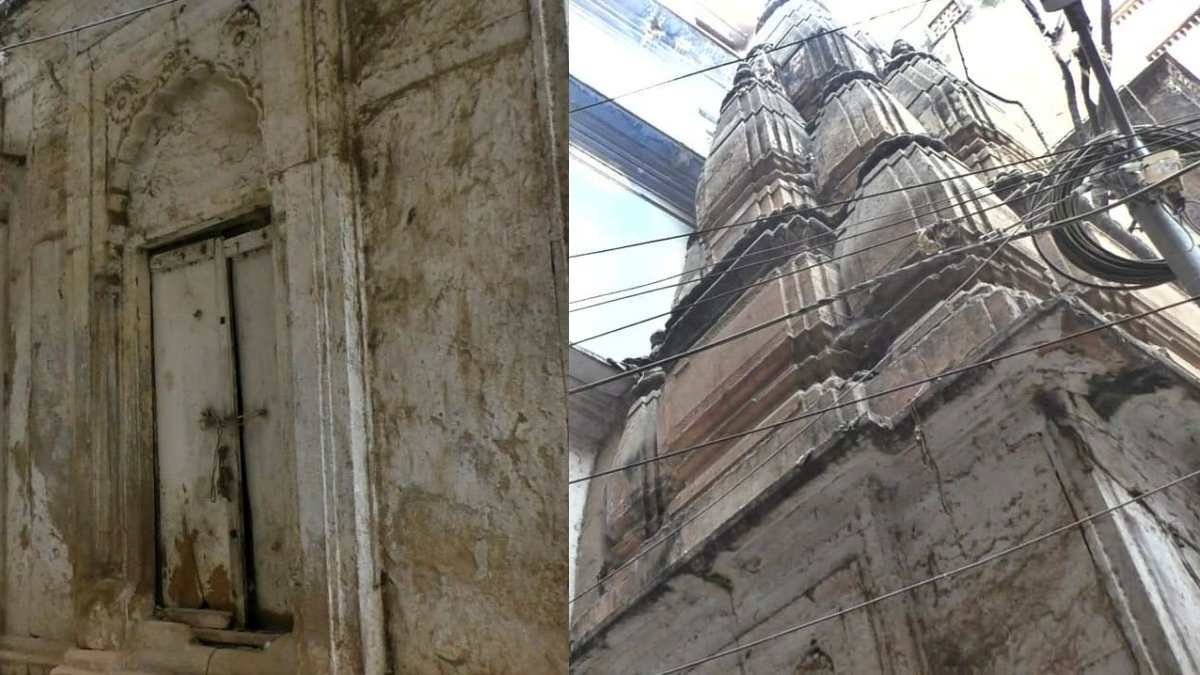
Source: aajtak
This large family, comprising four households totaling around 24-25 members, mentions that only their distant uncle knows the whereabouts of the property's documents. Claims of occupancy and closure are dismissed, with ownership unchanged since purchase. They assert that they hold no interest in conducting worship services.
The family further notes the harmonious relationship with Hindu residents. Despite temple demolition during road expansions in Varanasi, the communal spirit remains high. Hindu customers frequently visit local markets, embraced by all parties. Devotees are welcomed to pray, ensuring religious harmony.
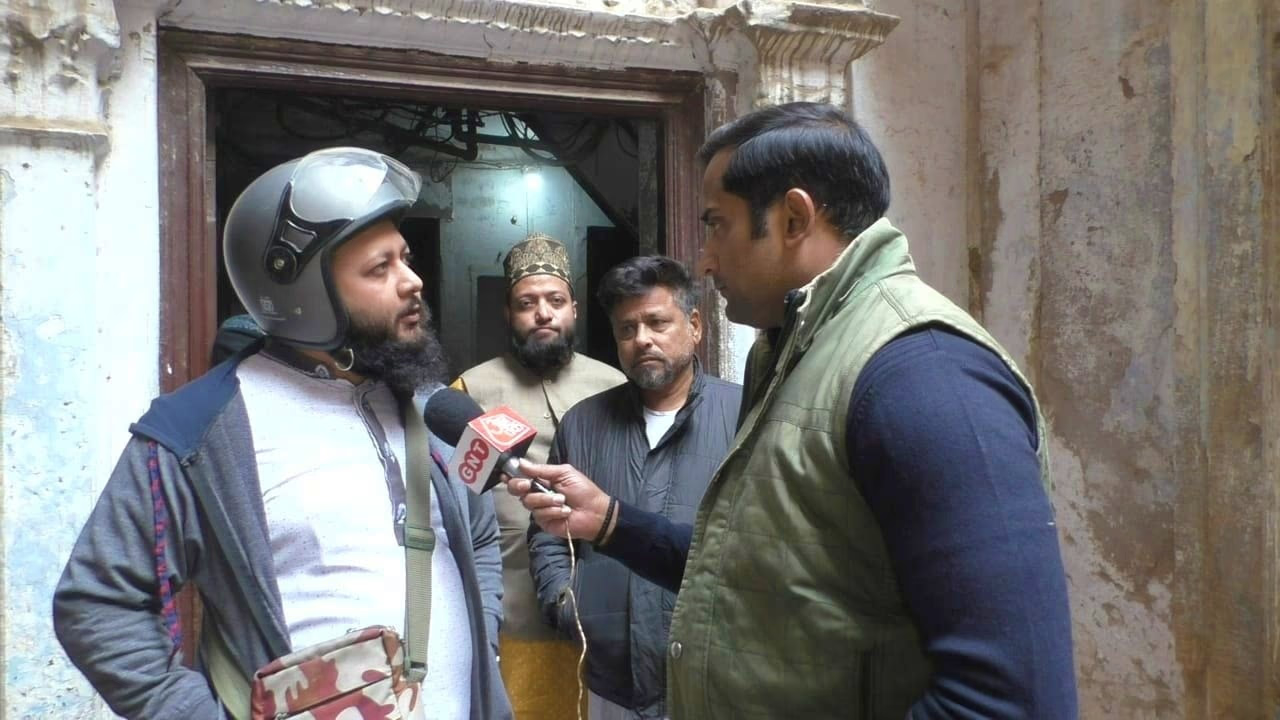
Source: aajtak
Family member Mohammed Shahabuddin recalls always seeing the temple closed. Their family handles all maintenance, supporting harmonious coexistence. Although Hindus are welcome to pray, the family objects to baseless accusations.
Another family member recalls the temple's locks since childhood, dispelling claims of closed service. They ask why they would paint the temple if it were true, dubbing accusations of seizure as baseless. Visitors for worship face no hindrance, yet false charges are firmly rejected.
